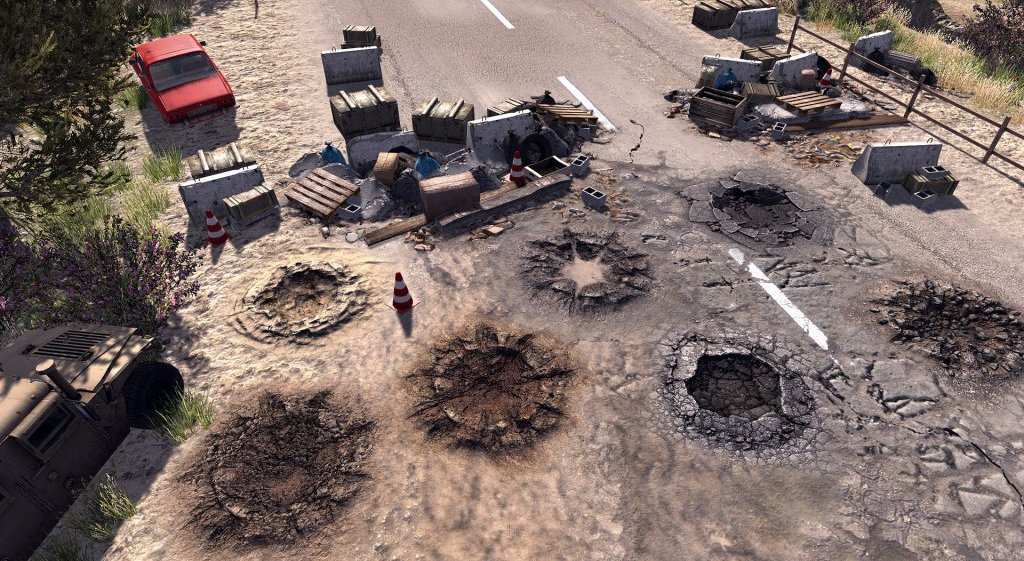

One hardly needs the testimony of Bardolph to know that Falstaff has not "dwindled," not "fallen away," either physically or mentally. A serious Prince Hal then gives orders to Bardolph, Peto, and Falstaff, all relating to their services in opposing the rebels.įalstaff's reference to "this last action," a term commonly used for military activity, serves to remind the reader of the connection between the comic subplot and the main plot in this chronicle-history play. Yet the news of Hal's reconciliation with the king hardly elates him, particularly when he is told that he is to command foot soldiers.

Falstaff then renews his altercation with the hostess, but when Hal tells him that he directed the search of Sir John's pockets, the old knight magnanimously forgives her.įalstaff is much relieved to learn that all matters relating to the robbery have been settled. Falstaff joins them, playing on his truncheon (a short staff) as if it were a fife. The hostess has occasion to mention the prince, whereupon Falstaff calls him a "Jack" (knave) and declares that he would cudgel him if he were present. When Mistress Quickly enters, Sir John accuses her of having picked his pockets and he refuses to pay his bill for wine, food, and even items of clothing. Falstaff deplores his alleged physical decline resulting from lack of activity since the Gadshill "action." Bardolph's frank comment on the knight's corpulence leads him to a rhetorical exercise, the subject of which is Bardolph's flaming nose.


 0 kommentar(er)
0 kommentar(er)
